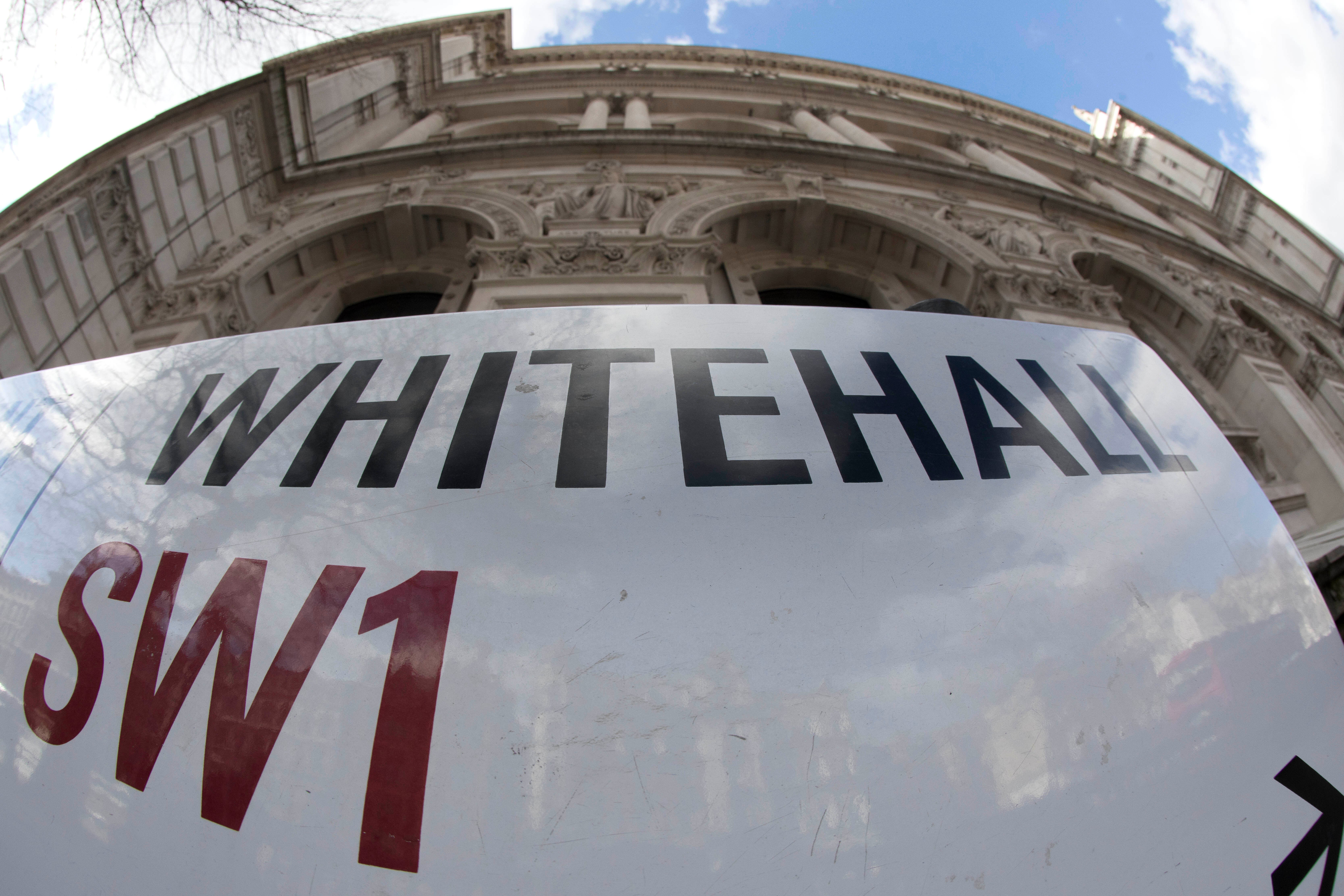
Jacob Rees-Mogg found himself in hot water as he faced questions about why he had turned up with possibly as many as four advisers to interviews defending civil service job cuts.
The Brexit opportunities and Government efficiency minister toured the broadcast studios on Friday to argue in favour of Boris Johnson’s plan of slashing around 90,000 Whitehall jobs in a bid to save taxpayers’ money.
The Cabinet minister said the cuts were designed to bring numbers “back to normal” levels after extra staff were brought in to help deal with the Covid-19 pandemic and the impact of Brexit in 2016.
How many advisers did you arrive with this morning? Three, four?
During his appearance on Sky News, Mr Rees-Mogg was asked whether he might consider slimming down his own operation after bringing “three, four” aides with him for the interview.
But the former Commons leader defended the size of his support team, arguing that he has a “very wide area of public policy” within his brief.
Presenter Niall Paterson asked the minister: “How many advisers did you arrive with this morning?
“Because it looked like more than two. Three, four?”
Mr Rees-Mogg replied: “Yes, they don’t all work directly for me.
“They work within the Cabinet Office.

“Two work within the Cabinet Office and two are my special advisers.”
Mr Paterson followed up, asking: “Do you perhaps detect an opportunity for some efficiency savings there?”
The minister said: “I cover a very wide area of public policy, but there should be efficiency throughout the civil service.”
The Prime Minister is reportedly in favour of taking an axe to the number of employees on the Government payroll in a bid to save billions of pounds.
Mr Johnson is said to want to use the savings to hand out tax cuts to households struggling during the current cost of living crisis.
As well as defending the cutback plan, Mr Rees-Mogg is on a separate drive to encourage civil servants back to the office after more than two years of hybrid and home working during the coronavirus pandemic.
He told Sky there “is a place for working from home” but said public services had at times been negatively impacted by remote working, giving the examples of long waits for new passports and driver licences.





